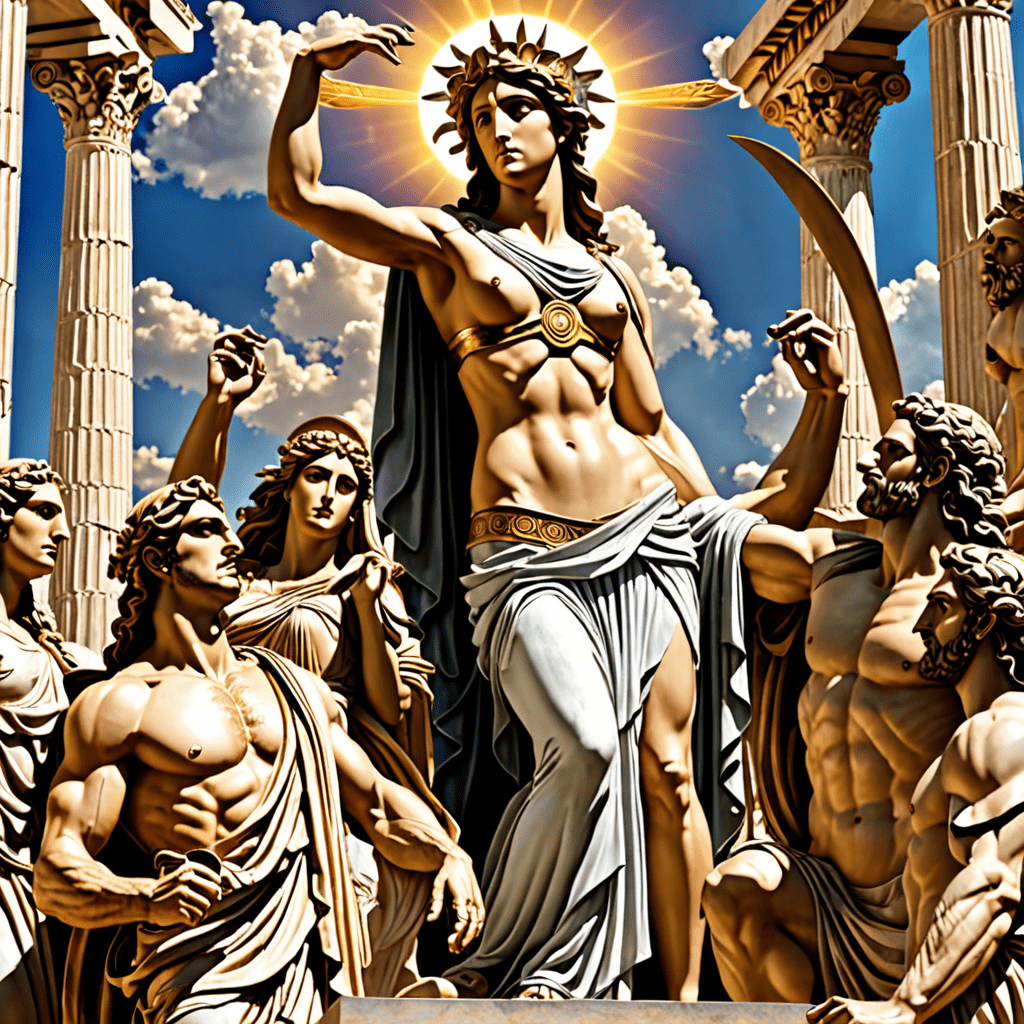The Representation of Beauty in Greek Mythology
The Concept of Beauty in Greek Mythology
In Greek mythology, beauty was often personified and celebrated through the stories of gods, goddesses, and other mythical beings. Beauty was considered a virtue and a powerful characteristic that bestowed charisma, allure, and admiration upon those who possessed it.
Symbolism of Beauty in Greek Mythology
Beauty was not just skin deep in Greek myths; it often held deeper symbolic meanings. For example, Aphrodite, the goddess of love and beauty, exemplified physical perfection but also represented the intoxicating power of love and desire. Similarly, Helen of Troy, known for her remarkable beauty, was central to the legendary Trojan War, symbolizing the chaos and destruction that beauty could unleash.
Challenges and Perils of Beauty in Greek Mythology
While beauty was revered in Greek mythology, it also brought its own challenges and perils. Medusa, cursed with a hideous appearance as punishment for her beauty, serves as a cautionary tale about the dangers of vanity and arrogance. The story of Narcissus, who fell in love with his own reflection, warns of the destructive nature of excessive self-admiration.
Legacy of Beauty in Modern Culture
The representation of beauty in Greek mythology continues to influence modern culture. From art and literature to popular media, the legendary tales of beauty and its consequences offer timeless lessons and insights into the complex nature of aesthetics, love, and the human experience.
Frequently Asked Questions about The Representation of Beauty in Greek Mythology
What is the significance of beauty in Greek mythology?
Beauty holds a profound importance in Greek mythology as it often symbolizes divine favor, power, and allure. Many Greek gods and goddesses are depicted as epitomes of physical beauty, reflecting their eternal youth and perfection.
How is beauty portrayed in Greek mythology?
In Greek mythology, beauty is often described as a combination of physical attractiveness, grace, and harmony. Gods and goddesses like Aphrodite, known as the goddess of love and beauty, embody this ideal beauty in various myths and stories.
Are there any less traditional representations of beauty in Greek mythology?
Yes, Greek mythology also explores unconventional beauty standards. For example, Hephaestus, the god of fire and craftsmanship, is often depicted as physically imperfect but possesses unmatched skills and creativity, showcasing beauty beyond physical appearance.
What lessons can be learned from the representation of beauty in Greek mythology?
The representation of beauty in Greek mythology teaches us that beauty is multifaceted and goes beyond just outward appearance. It highlights the importance of inner qualities, such as wisdom, kindness, and talent, as essential components of true beauty.





